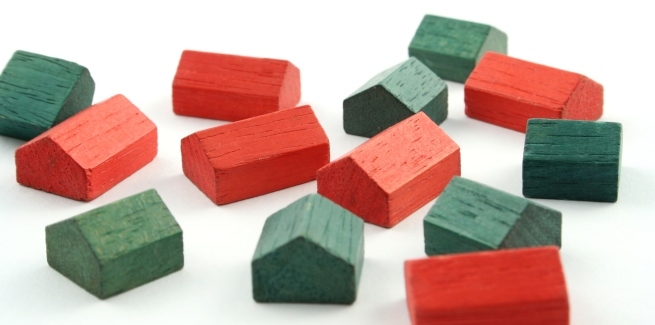Comparison website Finder’s RBA Cash Rate Survey of 40 economists and experts found that nearly two-thirds – or 62 per cent – responded with positive sentiment about housing affordability.
This is a record percentage since Finder first began collecting data on the topic in March 2018.
The survey, which asked respondents to weigh in on housing affordability and future cash rate moves by the Reserve Bank of Australia (RBA), found that only 9 per cent felt negatively about housing affordability, while 29 per cent reported feeling neutral.
Finder’s Economic Sentiment Tracker measures experts’ confidence levels in five key indicators: housing affordability, employment, wage growth, cost of living, and household debt.
Graham Cooke, insights manager at Finder, said housing affordability is a two-way street, adding there are two ways to look at the scenario when experts and economics feel positive about it.
“On the one hand, prices are down so those who are ready to buy or who want to negotiate rent are in a good position to do so,” Mr Cooke said.
“On the other hand, those who own or are looking to sell, may see that their property isn’t worth what it once was.
“What is certain here is that the drop in prices, rock bottom rates and increased competition for non-investment buyers combined with government stimulus will likely get a lot of the next generation onto the housing ladder for the first time.”
One of the survey respondents was Susan Mitchell, CEO of Mortgage Choice, who said the RBA is unlikely to change its “dovish stance” on monetary policy as the coronavirus pandemic continues to cause economic uncertainty, and noted that RBA governor Philip Lowe told the House of Representatives Standing Committee on Economics that the cash rate would remain on hold for three years.
“The low cash rate continues to stimulate activity in the home loan market and the lowest cost of borrowing in history, which is encouraging borrowers to lock in a fixed rate and to refinance to access a better deal,” she said.
Commenting on the RBA’s future moves on the official cash rate, Shane Oliver, chief economist at AMP Capital, said: “There is a significant chance it may cut the cash rate to 0.1 per cent and it may do more aggressive quantitative easing but that would not be for several months.”
However, Mr Oliver said cutting the cash rate below zero would be “extraordinarily unlikely”.
“The next interest rate move of significance is likely to be a hike but with high unemployment and underemployment, lots of spare capacity in the economy and underlying inflation way below target, this is at least three years away.”
In its monetary policy update following its latest monthly board meeting and its decision to leave the official cash rate unchanged at 0.25 per cent, Mr Lowe stressed that the rates would remain at current levels for “some years to come”, as the COVID-19 crisis hampers progress towards the RBA’s employment and inflation targets.
[Related: East coast capitals drag down home values]
 ;
;
